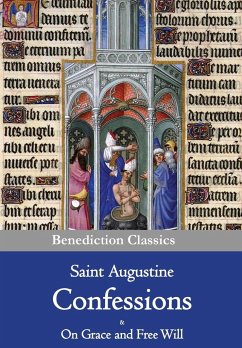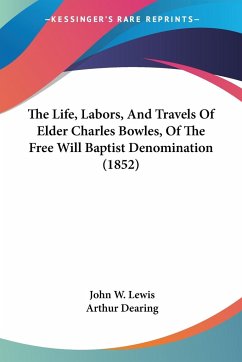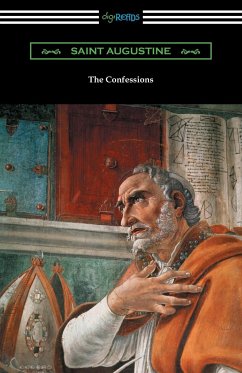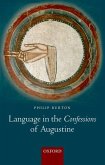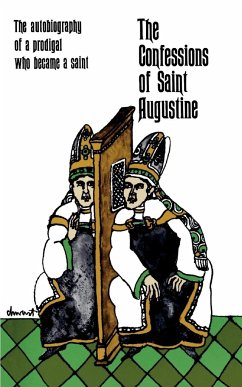Saint Augustine lived between 354 and 430AD--some of the most turbulent times for the Roman Empire. Augustine's life matched this turbulence for despite his early rejection of Christianity he eventually became a bishop and one of the most influential theologians and thinkers in church history. In the Confessions, Augustine tells his own story of his path from a Hedonistic and profligate lifestyle to the acceptance of Christianity and is one of the most profound, personal and honest autobiographies of all time. The last books of the Confessions and On Grace and Free Will place Augustine's own spiritual journey in the wider context of his own theology as he poses answers to perennial philosophical questions such as the nature of time and whether humans are ultimately responsible for their salvation.

